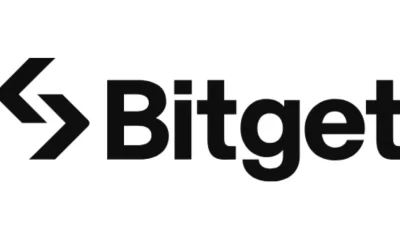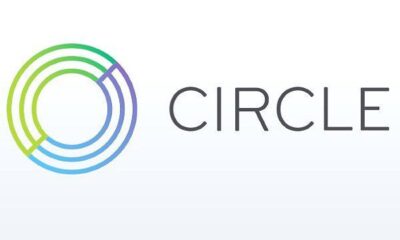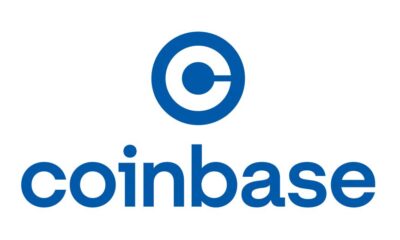Business
SEC punts decisions on XRP, DOGE ETFs
-

 Business1 week ago
Business1 week agoEthereum bounces back as market dominance recovers from all-time low
-

 Business1 week ago
Business1 week agoCoinbase Derivatives lists XRP futures
-

 Business1 week ago
Business1 week agoBinance tightens South African compliance rules for crypto transfers
-

 Business1 week ago
Business1 week agoXRP Ledger Foundation spots ‘crypto stealing backdoor’ in code library
-

 Business1 week ago
Business1 week agoSEC says it won’t re-file fraud case against Hex’s Richard Heart
-

 Business1 week ago
Business1 week agoEl Salvador works with Nvidia to develop sovereign AI infrastructure
-

 Business1 week ago
Business1 week agoBitget detects irregularity in VOXEL-USDT futures, rolls back accounts
-

 Business1 week ago
Business1 week agoCircle, BitGo about to apply for bank charters, others may follow


























